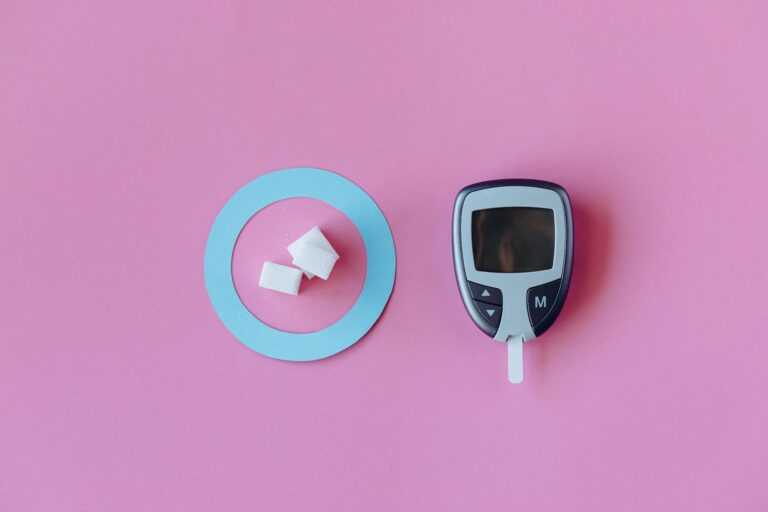**Using Legal Tools to Promote a Safe and Supportive Environment for Dementia Patients**
Caring for individuals with dementia requires a lot of patience, skill, and compassion. Families often rely on nursing homes to provide specialized support and supervision for their loved ones, expecting that staff will ensure their safety and dignity. However, nursing home neglect and abuse can still occur, leaving vulnerable residents at risk of serious harm. In this article, we will explore how legal tools can help promote a safe and supportive environment for dementia patients.
### Understanding Dementia and Its Impact on Care
Dementia is an umbrella term for a range of cognitive impairments, including Alzheimer’s disease, vascular dementia, and other degenerative conditions. Common symptoms include memory loss, difficulty in communicating, and altered judgment. As the disease progresses, patients may lose the ability to recognize family members, perform daily tasks independently, or make informed decisions about their care. This vulnerability underscores the importance of specialized dementia care that addresses both the medical and emotional needs of residents.
### The Importance of Legal Protections
Washington State and federal regulations aim to protect residents in long-term care facilities, including those with dementia. Key protections include:
– **The Nursing Home Reform Act**: This federal law ensures that residents have the right to be free from abuse, neglect, and exploitation. Facilities accepting Medicare or Medicaid must comply with specific quality-of-care standards, ensuring that each resident’s unique needs are met.
– **Washington State Law**: Various provisions under state law prohibit elder abuse and mandate specific staffing levels and training requirements for nursing homes. The Department of Social and Health Services (DSHS) oversees the licensing and monitoring of these facilities, and can issue citations or impose fines if regulations are violated.
– **Resident Rights**: Dementia patients are entitled to respectful treatment, privacy, and decision-making support. They must receive necessary services that uphold their dignity and prevent wrongful neglect.
### Reporting Concerns and Seeking Legal Help
If you suspect that a dementia patient is suffering from abuse or neglect in a nursing home, there are several steps you can take:
1. **Reporting Concerns to Authorities**: In Washington, families can file complaints with the Department of Social and Health Services (DSHS). Investigators may conduct interviews, review records, and visit the facility. Depending on the findings, DSHS can mandate corrective actions or impose penalties.
2. **Consulting an Elder Abuse Attorney**: A knowledgeable elder abuse attorney can help evaluate the facts, gather evidence, and determine whether to file a personal injury lawsuit. Attorneys can also advise families on preserving vital records such as medical charts, incident reports, and staff rosters that may be critical in proving neglect.
3. **Pursuing a Civil Lawsuit**: If a nursing home’s negligence directly causes harm, filing a lawsuit can secure compensation for medical bills, pain and suffering, and relocation costs if a new facility is required. In cases of severe or repeated neglect, courts may award punitive damages designed to punish egregious misconduct and deter future violations.
4. **Seeking Injunctive Relief**: Sometimes, families want swift changes in a facility’s practices rather than financial damages. Injunctive relief can compel a nursing home to revise staffing protocols, implement new training programs, or modify other operational aspects that contributed to neglect.
### Practical Steps for Families
While legal tools are essential, there are also practical steps families can take to ensure their loved ones receive the best care possible:
1. **Maintaining Open Communication**: Keep open lines of communication with staff. Regularly ask about your loved one’s condition and any concerns you may have.
2. **Keeping Personal Notes**: Keep personal notes on your loved one’s condition. This can help document any changes or incidents that may occur.
3. **Photographing Concerning Signs**: Photograph any concerning signs like bedsores or bruises. This can serve as evidence if needed.
4. **Creating a Safe Environment**: Ensure the living environment is safe and supportive





